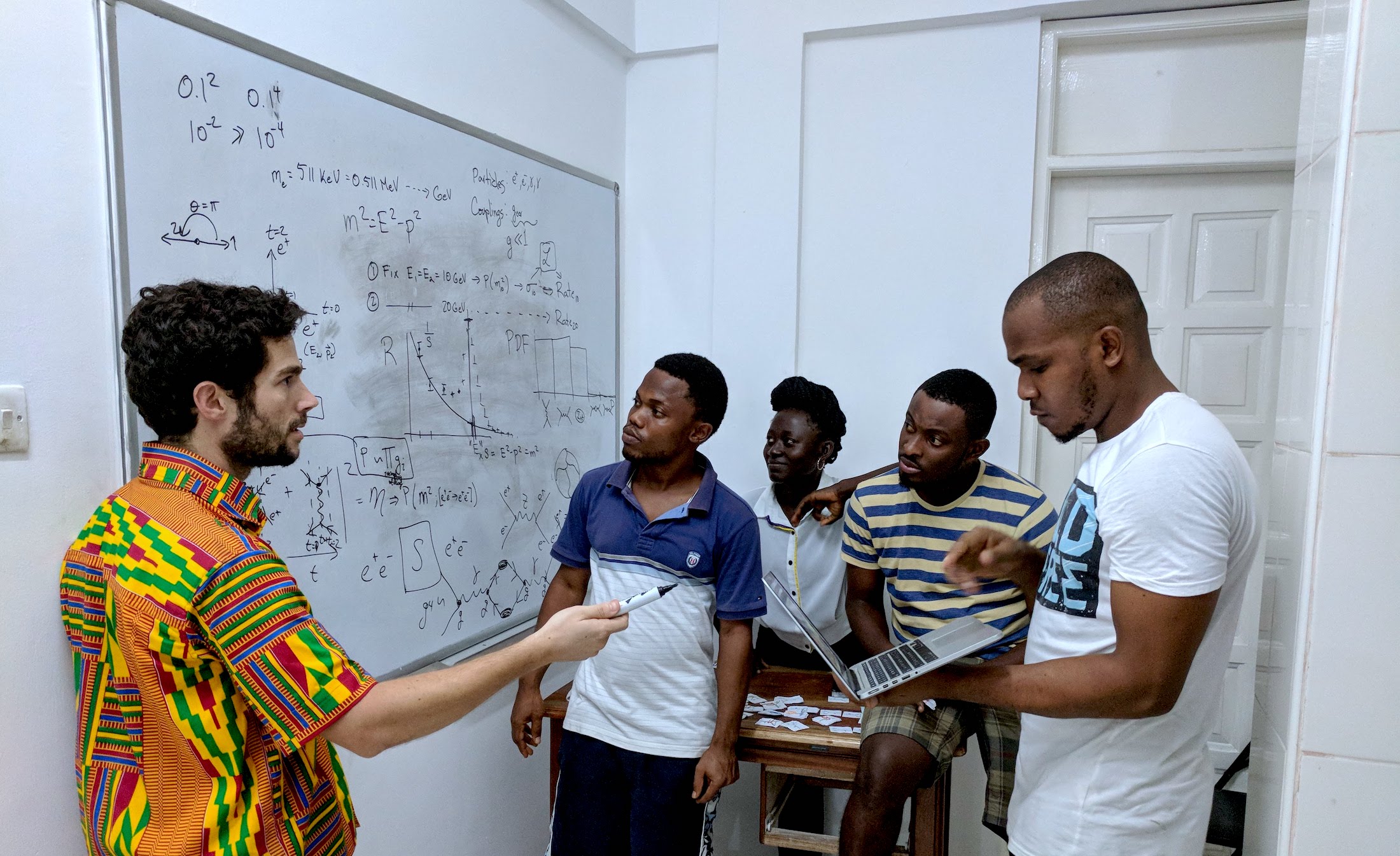
AIMS Master’s in Mathematical Sciences
Apply for The AIMS Master’s in Mathematical Sciences
Overview
The overall goal of the AIMS Master’s in Mathematical Sciences is to develop well-rounded scientists with excellent problem-solving skills, capable of creative thinking and scalable innovation. The program provides both a broad overview of cutting-edge sciences and strong mathematical and computing research skills. Courses offer students exposure to a range of topics, allowing them to make an informed choice as to their future specialisation.
Our Approach
AIMS tuition, study materials and housing are fully funded through a generous scholarship. AIMS’ residential nature allows more contact time between lecturers and students than is available in a typical university setting. Students study two subjects for three weeks each, with each day typically comprising morning lectures followed by problem-solving and computing sessions each afternoon. Additional tutorials and special lectures are held in the evenings when students also usually complete their assignments.
With outstanding visiting lecturers from renowned institutions and laboratories worldwide, the courses are broad in scope and employ the latest pedagogical methods to stimulate critical and creative thinking. To facilitate student participation and follow-up, each centre offers a Tutoring Fellowship, which permits Postdoc and doctorate researchers to work as dedicated teaching assistants, providing capacity building for the students 24/7. The institute’s unique residential character allows for optimum interaction between students, lecturers, and tutors in a harmonious environment at all hours.
The Curriculum
Click HERE to download more details on the curriculum.
